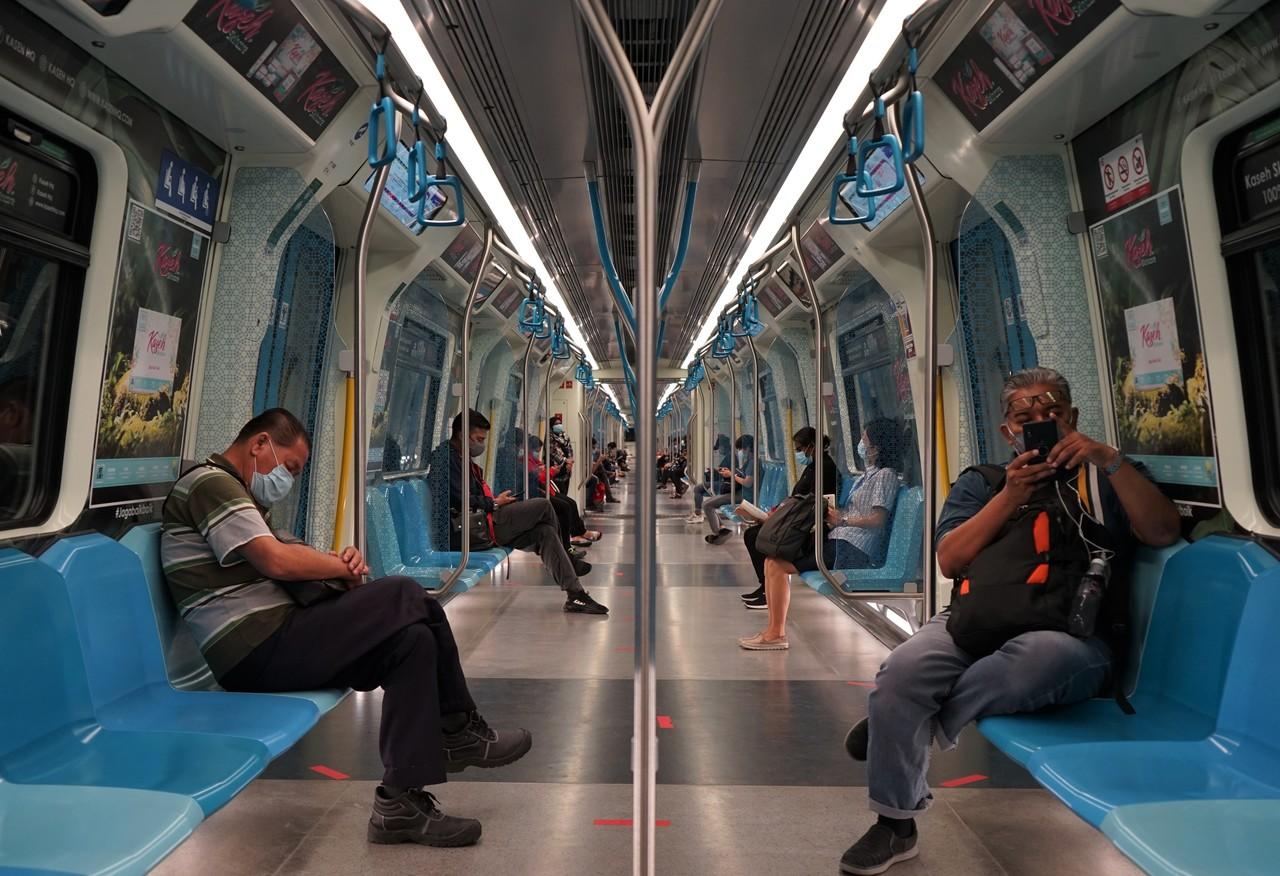Survey shows people getting tired of Covid-19 SOPs
While Malaysians are still supportive of measures to curb the pandemic, they have slid in some areas since the virus was first detected in the country.
Just In
Malaysians have scored well among two dozen countries whose people have largely continued to follow SOPs meant to contain the Covid-19 pandemic, although they are also part of a worldwide trend of what is being seen as “pandemic fatigue”, according to a new survey by a global online community.
The survey by pollster YouGov studies the shift in people’s behaviour within a span of six months on common measures to avoid infection, such as wearing masks, observing social distancing, washing hands and not touching objects in public.
There has been an overall increase in the number of people wearing masks in September compared to April.
In Malaysia’s case, this could be due to a new law effective Aug 1, making it compulsory for people to wear masks in public transport and crowded places.
But like others around the world, Malaysians have been less vigilant in other measures, something Prime Minister Muhyiddin Yassin noted in his special address to the nation yesterday to calm the people over a sudden spike in daily infections.
Muhyiddin said he had personally witnessed the violation of physical distancing rules by the public.
“We must flatten the curve. We did it before and I firmly believe we can do it again,” he said on Tuesday, when daily cases rose to their highest since the pandemic was detected in Malaysia early this year.
Apathy sets in?
The poll showed that in April, nearly two-thirds of respondents said they were avoiding touching objects in public. By last month, only half were still mindful of this.
It also found that fewer people in Malaysia still wash their hands frequently, or avoid crowded public places, among globally recommended measures that could prevent infection in the absence of a vaccine against the deadly virus.
Still, London-based The Economist notes that Malaysia is among countries where people have been supportive of the authorities’ measures to curb the pandemic, which has so far claimed over one million lives across the world.
It noted that in Malaysia, China and the Middle East, support for pandemic-related safety measures fell by only 6% over the past five months, unlike key Western countries where it fell by 12%.
Among the worst slides were recorded in the US, Britain, Germany and France, which, combined, have so far reported over 300,000 deaths from Covid-19.
The Economist called the lower compliance “pandemic fatigue”, perhaps best symbolised by President Donald Trump’s act of removing his face mask as soon as he was discharged from hospital after testing positive for the virus.
But it said Trump’s dislike for masks was not shared even in the West.
“If there is one thing people across the world increasingly agree on, it is the importance of masks,” the magazine wrote.
Subscribe to our newsletter
To be updated with all the latest news and analyses daily.

